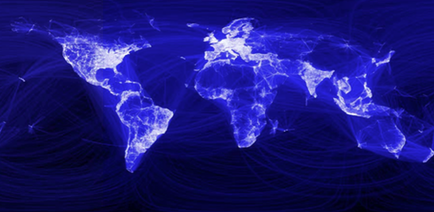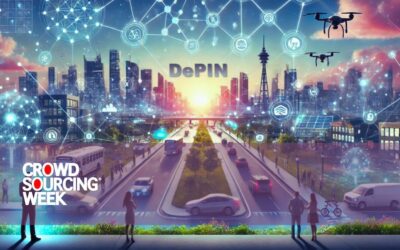 Facebook’s Mark Zuckerberg unveiled a plan to get the world unconnected citizens connected via a mobile data or internet connection. The reason Mark Zuckerberg says this is important is because unconnected citizens are losing out the knowledge economy propelling the connected world.
Facebook’s Mark Zuckerberg unveiled a plan to get the world unconnected citizens connected via a mobile data or internet connection. The reason Mark Zuckerberg says this is important is because unconnected citizens are losing out the knowledge economy propelling the connected world.
The Internet has changed everything and is the foundation of what Facebook and Mark like to call the knowledge economy and is what fuels sharing and collaboration. Facebook’s agenda is to devise a way for people with access to computers and phones to connect to the internet. According to a white paper, “Is Connectivity A Human Right?“ by Zuckerberg- more than two-thirds of the world’s population lacks access to data and Internet and Facebook along with a consortium of mobile phone companies want to change that. Through Internet.org–
Making the internet available to every person on earth is a goal too large and too important for any one company, group, or government to solve alone. Internet.org’s partners have come together to meet this challenge because they believe in the power of a connected world.
There seems to an obvious business angle to their initiative but Zuckerberg points out that the worlds rich are already on Facebook and reap the privileges of the Internet. So the driving force behind this initiative is altruistic with business benefits being a bonus.
The rough plan focusses on-
- Making internet accessible and make it more efficient to deliver data.
- Using less data by improving the efficiency of the apps and the way they use data.
- Helping business develop new models to get people online.
We have seen the benefits of a connected world. It is unfortunate though that the parts of the world that need the most help are offline. The important question that Zuckerberg brings up is whether connectivity is a human right. Being connected is empowering whether through personal interactions or through online networks and builds on the collective knowledge economy. Should governments focus on empowering their citizens by ensuring they have the means to connect, to grow and find their calling? By talking about connectivity as a human right, Zuckerberg has brought in a new perspective on the knowledge economy.



0 Comments